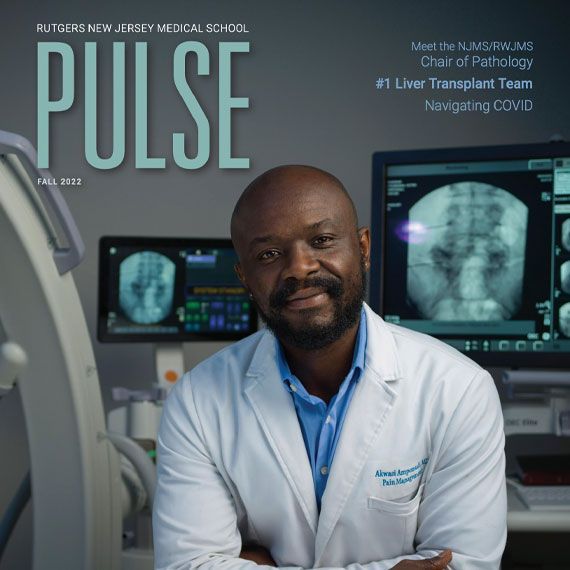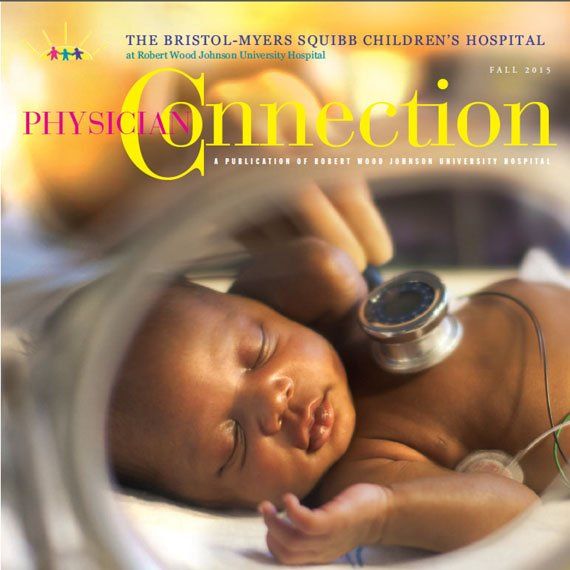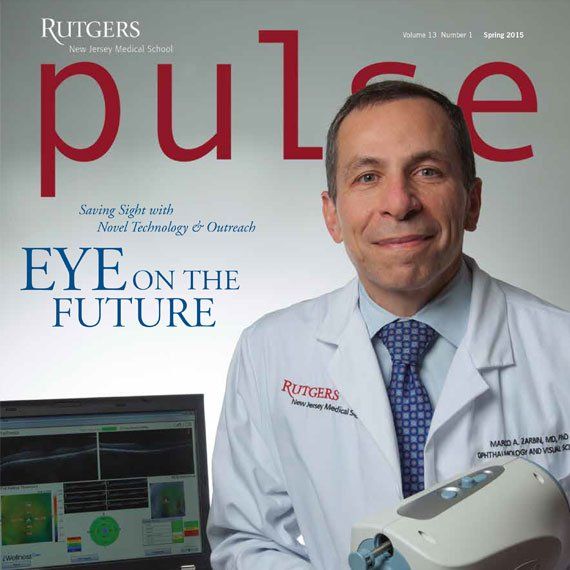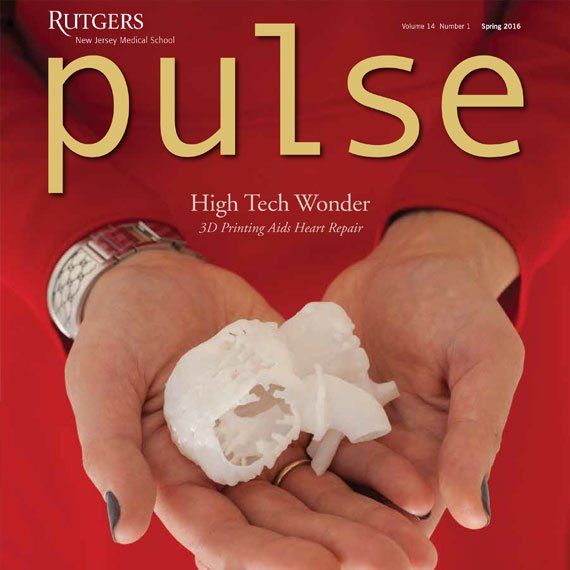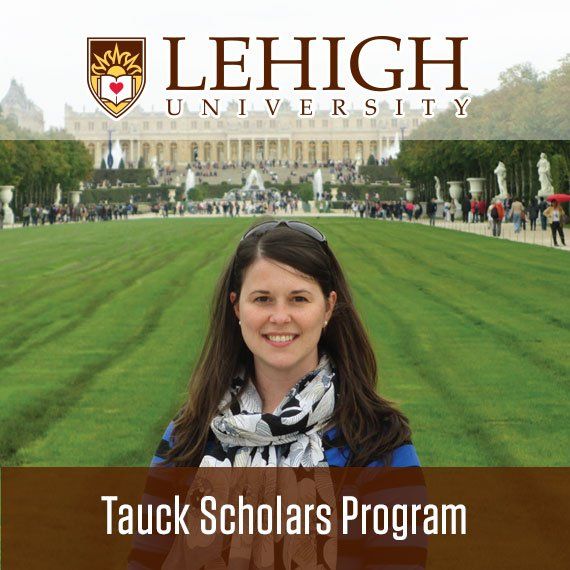How Toys Encourage Walking
Evie is 11 months old and just starting to walk – a perfectly ordinary but quite extraordinary feat. She’s been traveling the distance across her parents’ living room holding onto the back handle of a toy car that is at perfect height for her to grab and go. Delighted with herself, she claps her hands together when she bumps into the wall or couch that will stop her baby stride.

(Half way up and ready to go towards a favorite book!)
I was applauding the kinds of toys that encourage walking when I noticed a study in the July/August 2011 issue of Child Development that made me appreciate a room strewn with eye-catching toys and objects. Ordinarily, I’d be wondering when I might get a chance to pick them all up. Yes, babysitting grandmothers do that sort of thing.
In “Transition from Crawling to Walking and Infants’ Actions With Objects and People,” a New York University team found that being able to spot a coveted object across the room actually encouraged novice walkers to move towards it. Not only could they spy the distal object better from a standing position but they were able to carry it to share with an adult because hands were freed from crawling. Sharing objects, explain Lana B. Karasik, Catherine S. Tamis-LaMonda and Karen E. Adolph, is another milestone behavior associated with this 11- to 13-month age group. Fifty infants and their mothers participated in their study and even learning a locomotor skill didn’t slow down the new walkers. One baby with only 2 days of walking experience at 13 months carried objects 35 times and tried sharing them with mom 8 times in just an hour.
The researchers conclude, “Walking offers infants new opportunities for learning about the environment through object and social interactions. These changes may also have implications for the ways that caregivers respond to infants’ social environments.” Reading carefully between the lines, I have concluded that leaving desirable toys out and about is not such a bad idea after all. The implication for me is: forget the mess . A room full of toys is a learning paradise.











